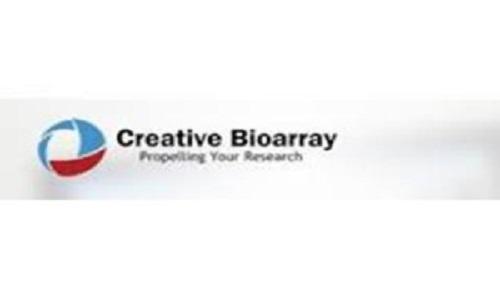Antibody Selection and Optimization

Antibodies can often be used in multiple assays, but they do not perform equally well in all assays. This is particularly true for immunohistochemistry (IHC). IHC has now become an indispensable assay and is consistently performed in anatomic pathology to give specific diagnosis and subclassification of neoplasms.
IHC is a complex assay, where the end result is influenced by a variety of parameters in the pre-analytic, the analytic, and the post-analytic phase. In order to provide a robust and diagnostically useful IHC assay, it is important that the assay is based on a solid foundation, anchored by the most important factors affecting the assay.
Antibody Selection
- Scope of analysis or application
Generally, the antibody instructions list the type of analysis that the antibody has been verified to be suitable for. If the application scope is not mentioned in the instructions, it does not mean that the antibody is not suitable for this application. It just means that it has not been verified by this kind of analysis and experiment, and you need to explore and optimize the conditions by yourself.
- The structural properties of the sample protein
Understanding the structural properties of the target protein helps to choose the most suitable antibody. At least two factors need to be considered, the domain of the target protein to be tested and the extraction or processing process of the sample.
- Species of sample
Should choose antibodies of the same species. Antibodies may cross-react with the same target protein of different species because of the high amino acid sequence homology. The method of sequence alignment should be used to predict the cross-reactivity. Expasy and NCBI BLAST can be used to compare the homology of proteins of different species.
- Selection of primary host species
When using a conjugated secondary antibody combined with a primary antibody without a conjugate, the species selection of the host animal of the primary antibody is more important. For immunohistochemistry, try to choose the primary antibody of a species different from the sample to avoid cross-reaction between the secondary antibody and the endogenous immunoglobulin of the sample.
- Polyclonal antibodies are more suitable
Polyclonal antibodies are heterogeneous and can recognize multiple epitopes, so they are less affected by changes in protein conformation. Generally speaking, polyclonal antibodies are more stable than monoclonal antibodies within a certain range of pH and salt concentration. For these reasons, polyclonal antibodies are more commonly used in IHC/ICC experiments.
Antibody Optimization
Creative Bioarray focuses on the optimization of qualitative IHC, where the purpose of the IHC protocol is to ensure that the IHC staining clearly determines whether the antigen is, or is not, expressed in the tissue. An optimal staining protocols is fundamental to reduce the risk of false-negative results, while at the same time not introducing a false-positive result.

- Art
- Causes
- Best Offers
- Crafts
- Dance
- Drinks
- Film
- Fitness
- Food
- Giochi
- Festival
- Gardening
- Health
- Home
- Literature
- Music
- Networking
- Altre informazioni
- Party
- Religion
- Shopping
- Sports
- Theater
- Wellness



